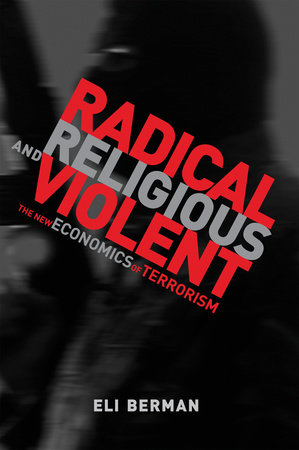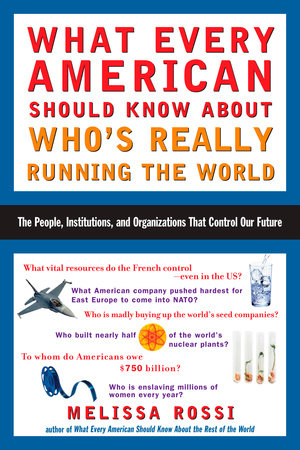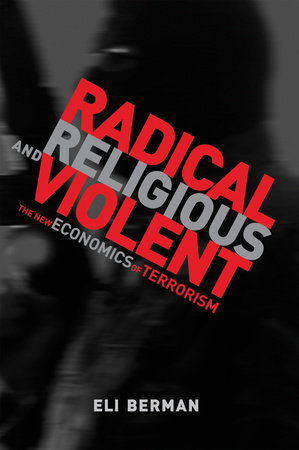

Radical, Religious, and Violent
By Eli Berman
By Eli Berman
By Eli Berman
By Eli Berman
Category: Domestic Politics | Economics
Category: Domestic Politics | Economics

-
$30.00
Sep 30, 2011 | ISBN 9780262516679
-
Sep 30, 2011 | ISBN 9780262258005
YOU MAY ALSO LIKE
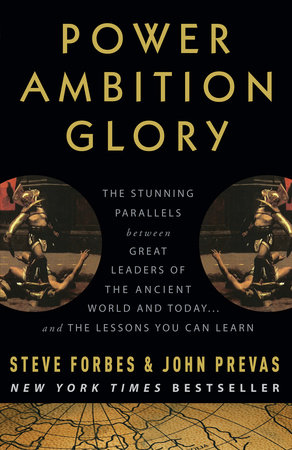
Power Ambition Glory
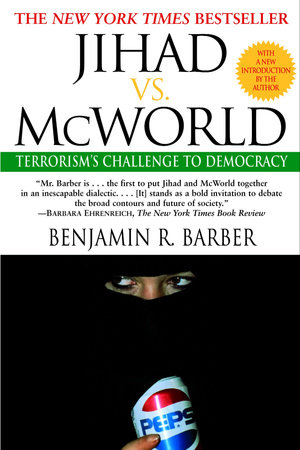
Jihad vs. McWorld
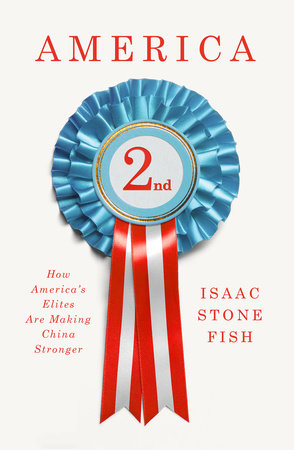
America Second
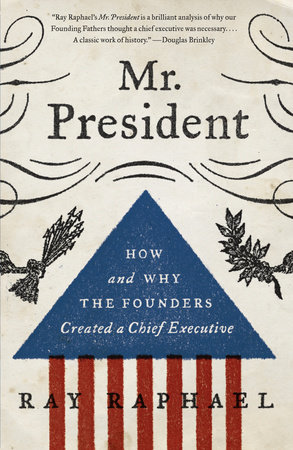
Mr. President
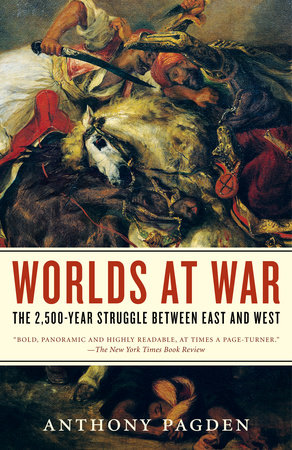
Worlds at War
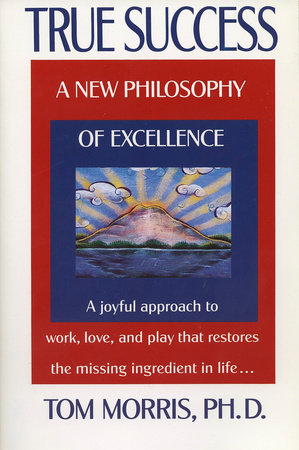
True Success

Crache
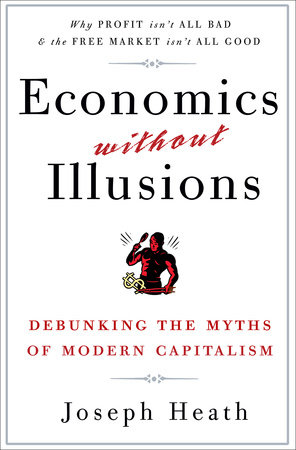
Economics Without Illusions
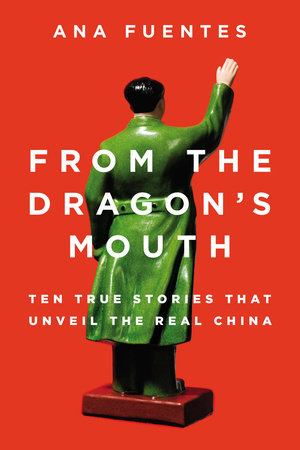
From the Dragon’s Mouth
Praise
According to Eli Berman, author of Radical Religious and Violent: The New Economics of Terrorism, violent radical religious organizations thrive by taking advantage of the absence of the State. By providing communities with important benefits in exchange for their loyalty, and at times their involvement, they are able to develop into highly efficient terrorist organizations. Interestingly, we find that various violent organizations shaping the politics of the Middle East today also rely on this very policy.—Paula Mejia, The Majalla—
I felt very privileged to be given an advance copy of Professor Berman’s Radical, Religious and Violent: The New Economics of Terrorism. I immensely enjoyed reading it…At the outset, Professor Berman poses the question: ‘Why are religious radicals, who often start out appearing benign and charitable and generally avoid conflict, so effective at violence when they choose to engage in it’? He approaches this question from the perspective of the discipline of economics—not in the sense of the influence of material or economic considerations, but from economics as a mode of reasoning.
—Adrian Guelke, Critical Studies on Terrorism—Professor Berman has written an engaging book that brings new insight to an extremely polarizing subject. He argues that many terrorists are actually more rational than we might like to think. And that, of course, is a chilling notion. The author is neither a pacifist nor an apologist for terrorists. He says, however, that if we stop looking at them as cartoon characters, we may do a better job of deterring them.
—Devin Leonard, New York Times—Professor Eli Berman deserves large credit for essaying a dispassionate analysis of the connection between religion and terrorism. Using the tools of his trade (microeconomics), he develops a plausible model for understanding some of those connections…[A] model of clear and accessible writing, accessible to a non-specialist without sacrificing rigor.
—Aziz Huq, Just Books (Brennan Center for Justice)—The most impressive effort yet comes from Eli Berman of the University of California, San Diego. In his new book, Radical, Religious and Violent: The New Economics of Terrorism, Berman says we need to start looking at how terrorist groups function as economic clubs…Berman sets out to understand what makes for an effective terrorist outfit, and, no surprise, he learns more often than not these are radical religious groups. However, the effectiveness of these groups is not a function of theology but of economic organization….Competing with terrorist groups in the service-provision business is hugely expensive, but by Berman’s calculation it might be cheaper than the untold billions spent by western governments ‘protecting domestic targets from the terrorist fallout of rebellions abroad.’
—Leonard Stern, The Ottawa Citizen—This is first-rate social science, with a compelling theory, strong evidence, and an accessible style.
—Sir Lawrence D. Freedman, Foreign Affairs—To understand why suicide bombing has become more common, Berman contends, we need to stop focusing only on the motivations of bombers, and consider the ‘hardness’ of their target. As it becomes more difficult for terrorists to do damage, they are more likely to switch to suicide bombing…Unusually for a book about terrorism, Berman keeps it in perspective. Global terrorism is not the greatest threat to the world. Adam Smith’s combination of markets, religious pluralism and tolerance are a winning combination. The more we can help poor governments provide basic services to their citizens, the less space we allow for radical rebels to fill the void.
—Professor Andrew Leigh, Australian Financial Review—Whereas other authors have focused on the obvious but peripheral issue of how religion inspires individual attackers—it is rarely the primary motivation, as many studies have shown—Berman tackles the pertinent question of what makes radical religious organizations so much more deadly than other groups.
—Michael Bond, New Scientist—21 Books You’ve Been Meaning to Read
Just for joining you’ll get personalized recommendations on your dashboard daily and features only for members.
Find Out More Join Now Sign In








